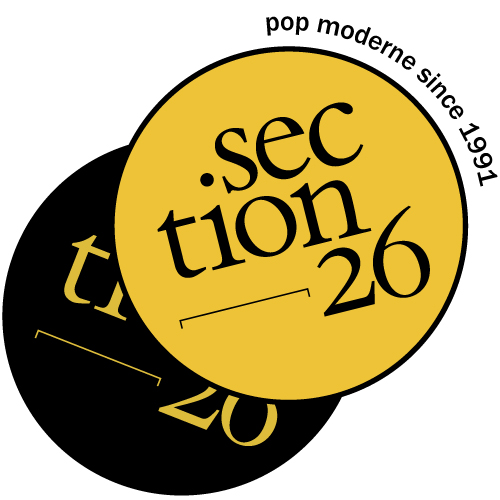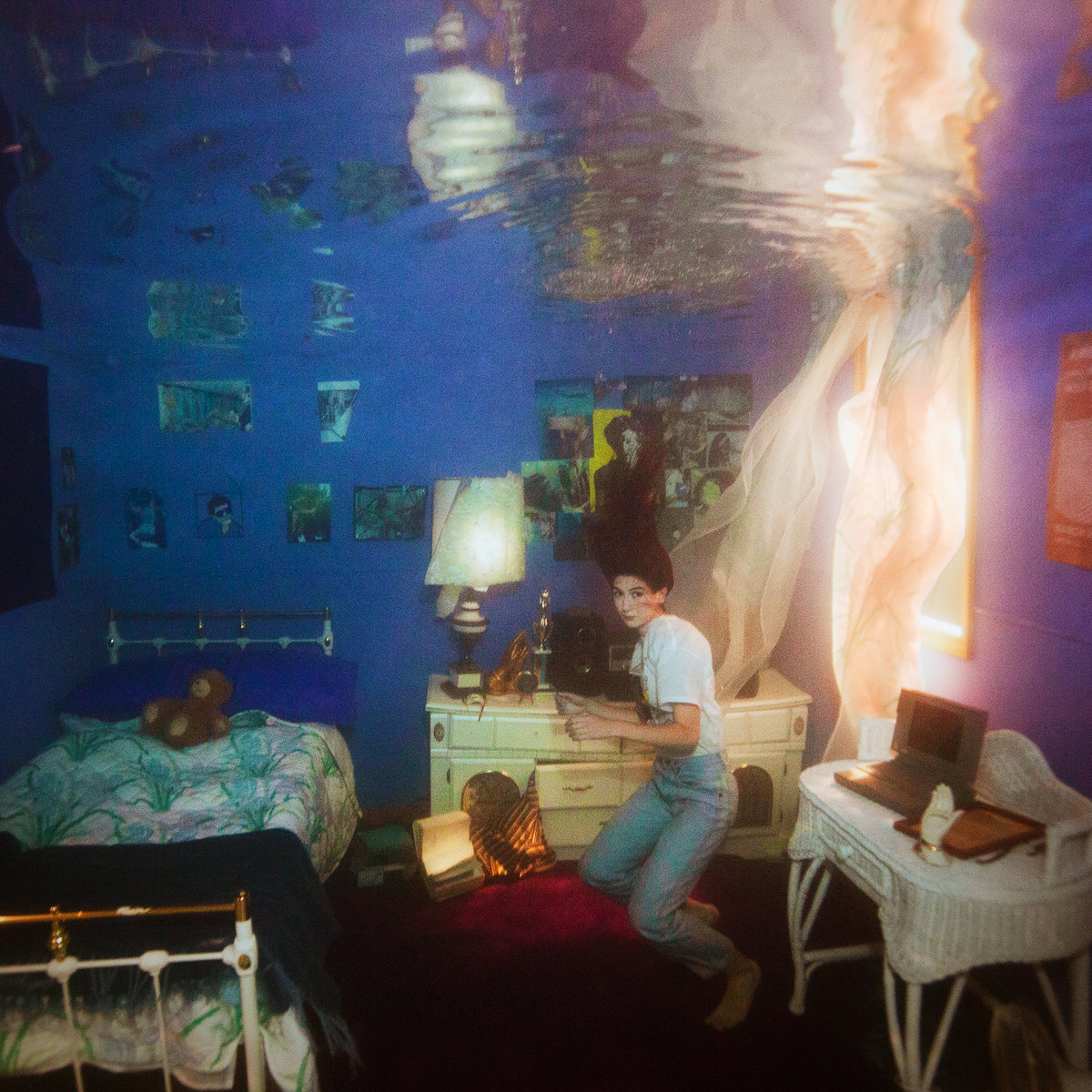 De la musique d’usage
De la musique d’usage
Pourquoi déposer ou insérer un disque sur ou dans sa platine ? Pourquoi sélectionner sa pochette dans le flow d’un appareil numérique ? Parce que nous avons envie de l’écouter. Parce que nous éprouvons suffisamment longtemps l’envie suffisamment forte d’en faire usage. Une envie qui seule procure l’énergie de choisir ce disque, lui et aucun autre, lui et pas le silence, lui et pas le bruit, pour nous accompagner les dizaines de minutes à venir. Un disque est une compagnie. Continuer la lecture de « Weyes Blood, Titanic Rising (Sub Pop / PIAS) »

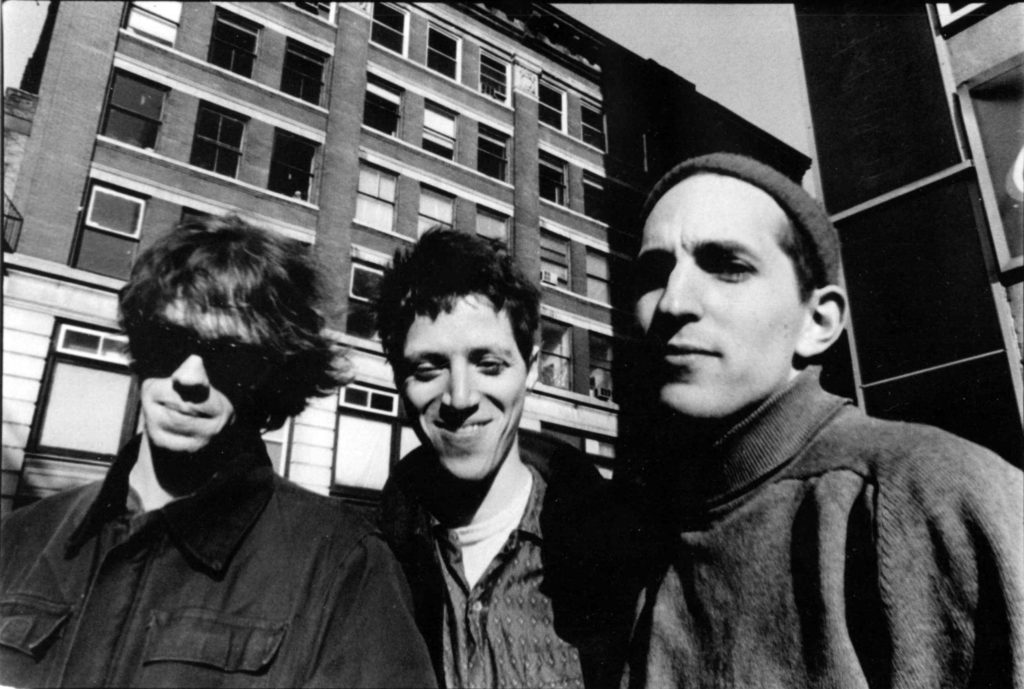
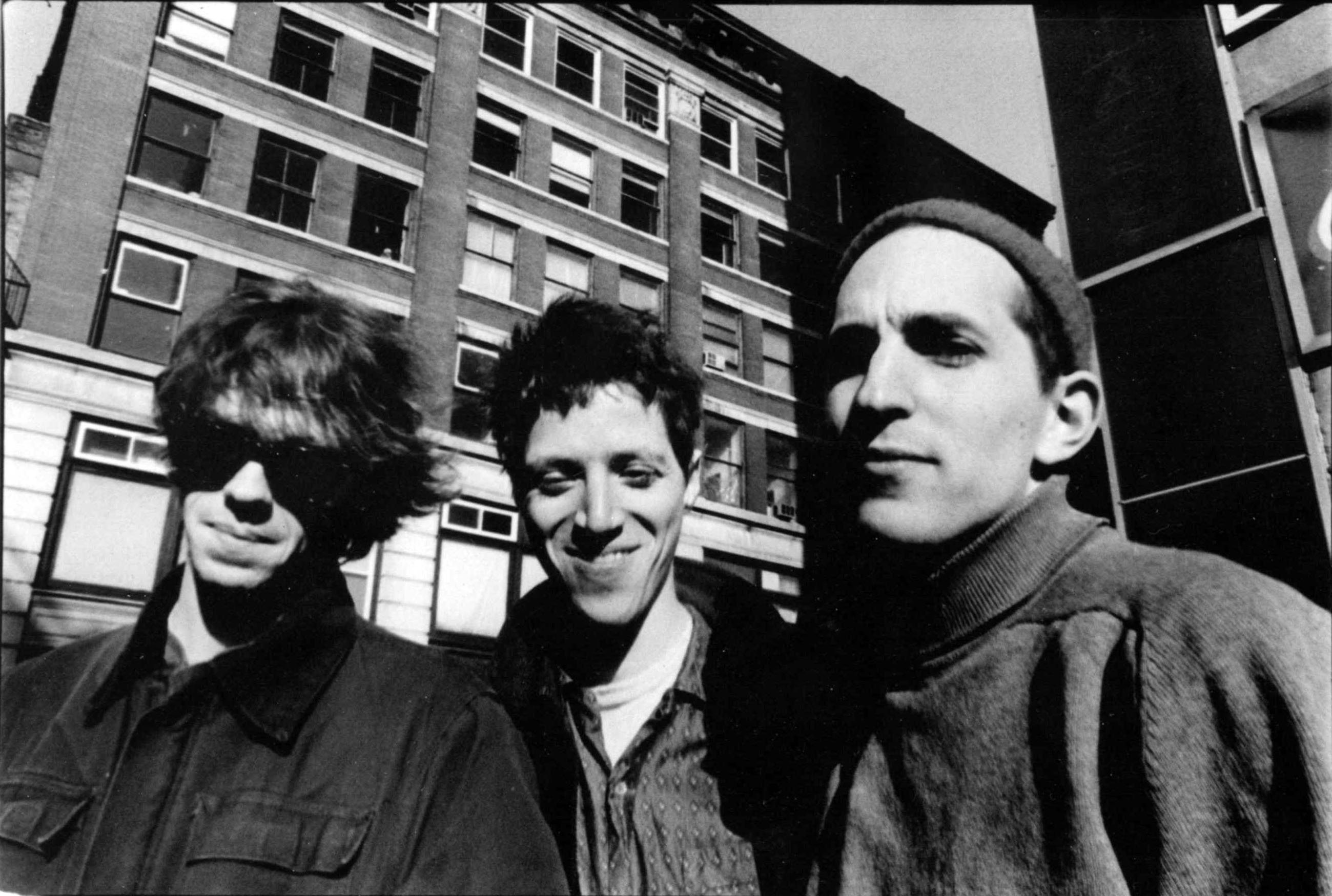
 On en revient, une fois de plus, à l’époque – la fin des années 1970 – où
On en revient, une fois de plus, à l’époque – la fin des années 1970 – où 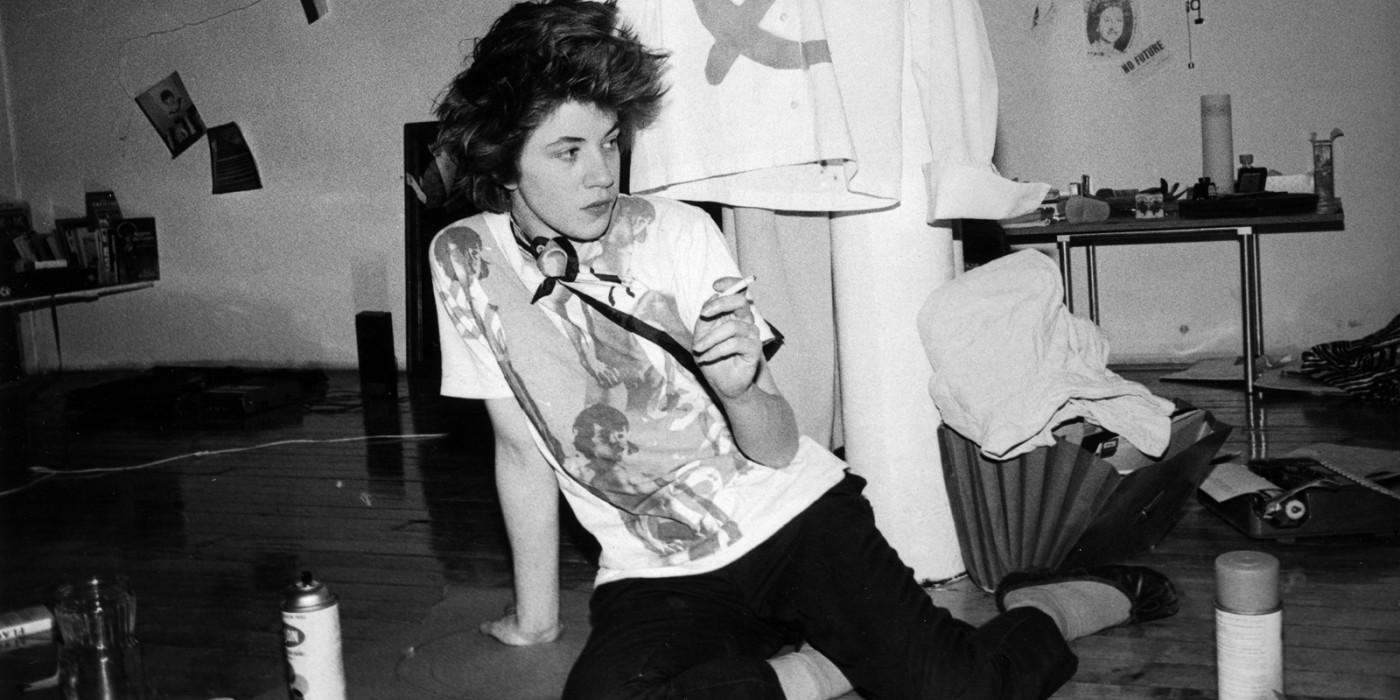
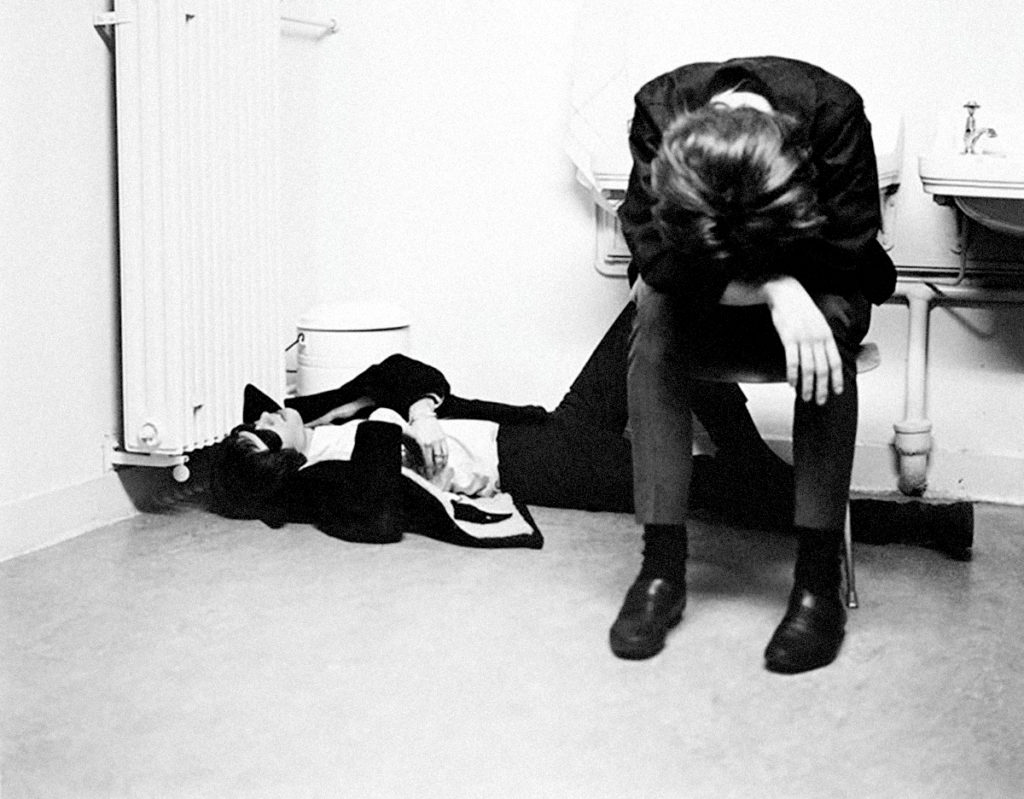

 Une proposition musicale insensée. Un truc tellement fou que les grands pontes de
Une proposition musicale insensée. Un truc tellement fou que les grands pontes de 